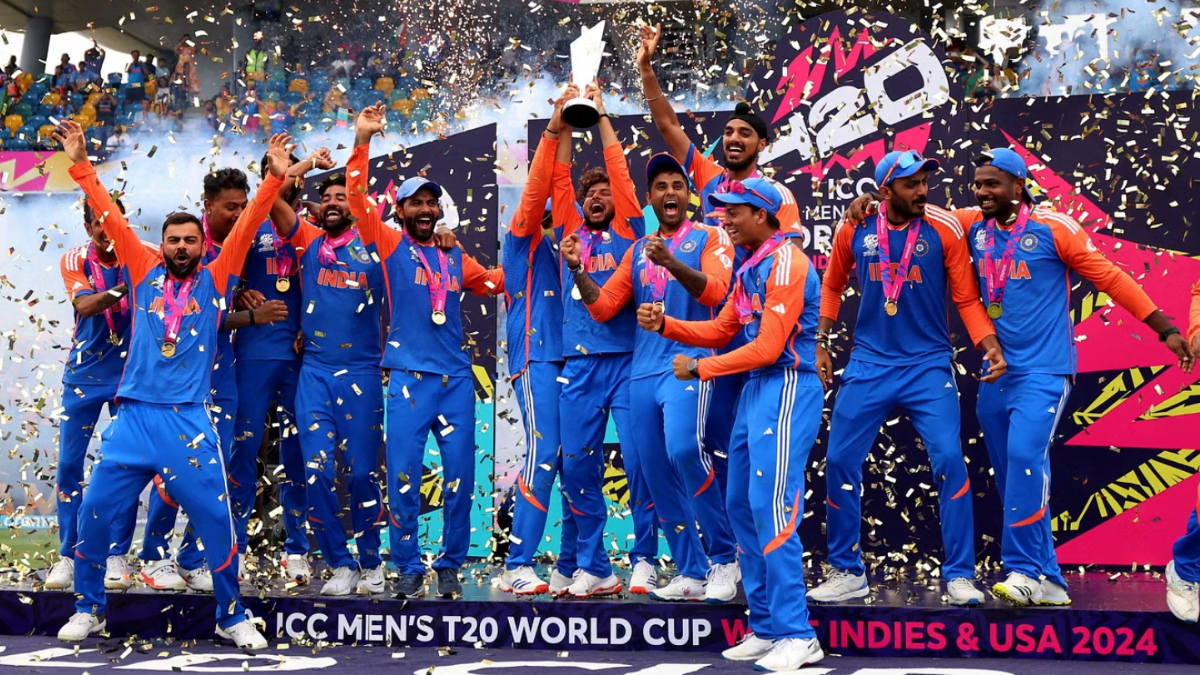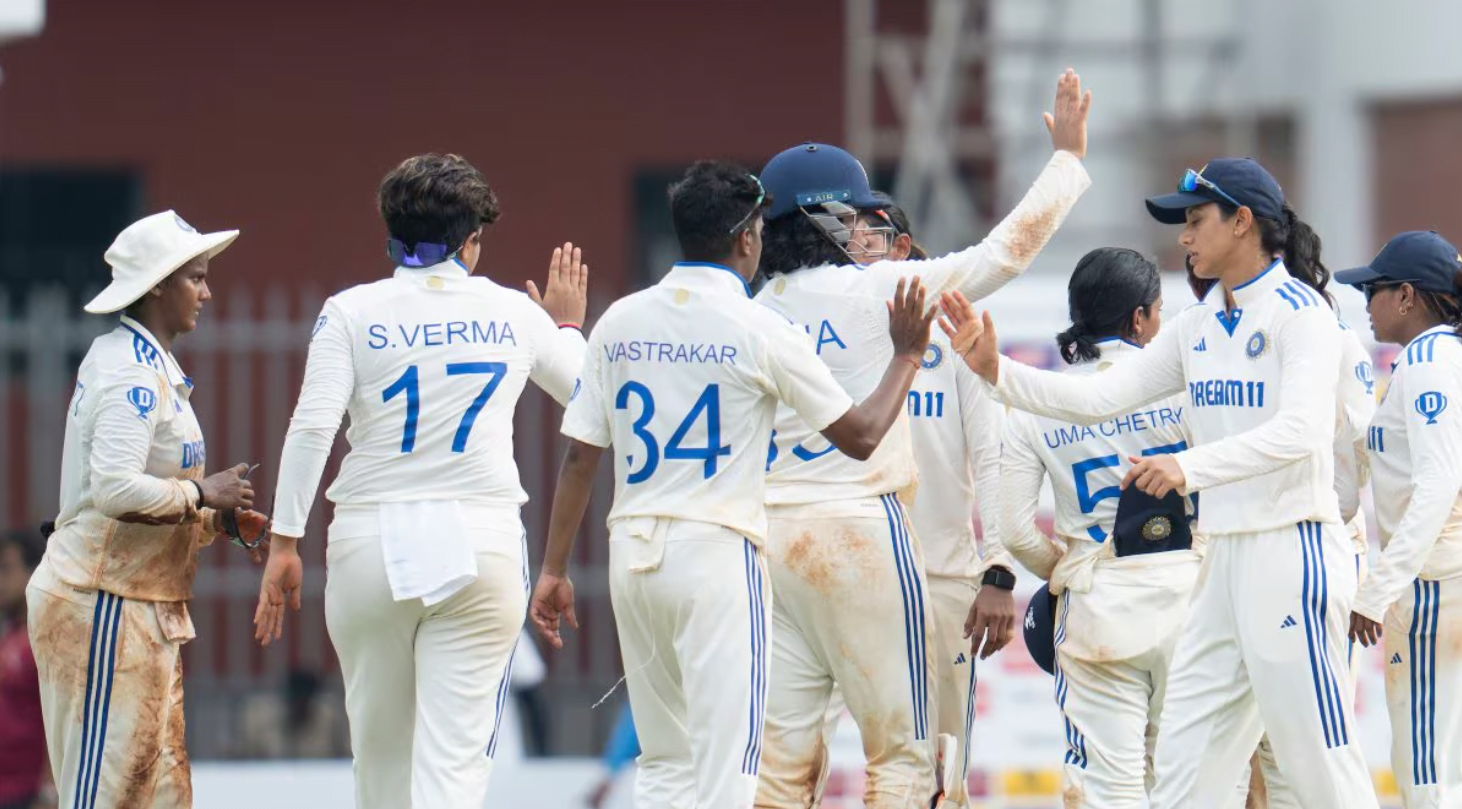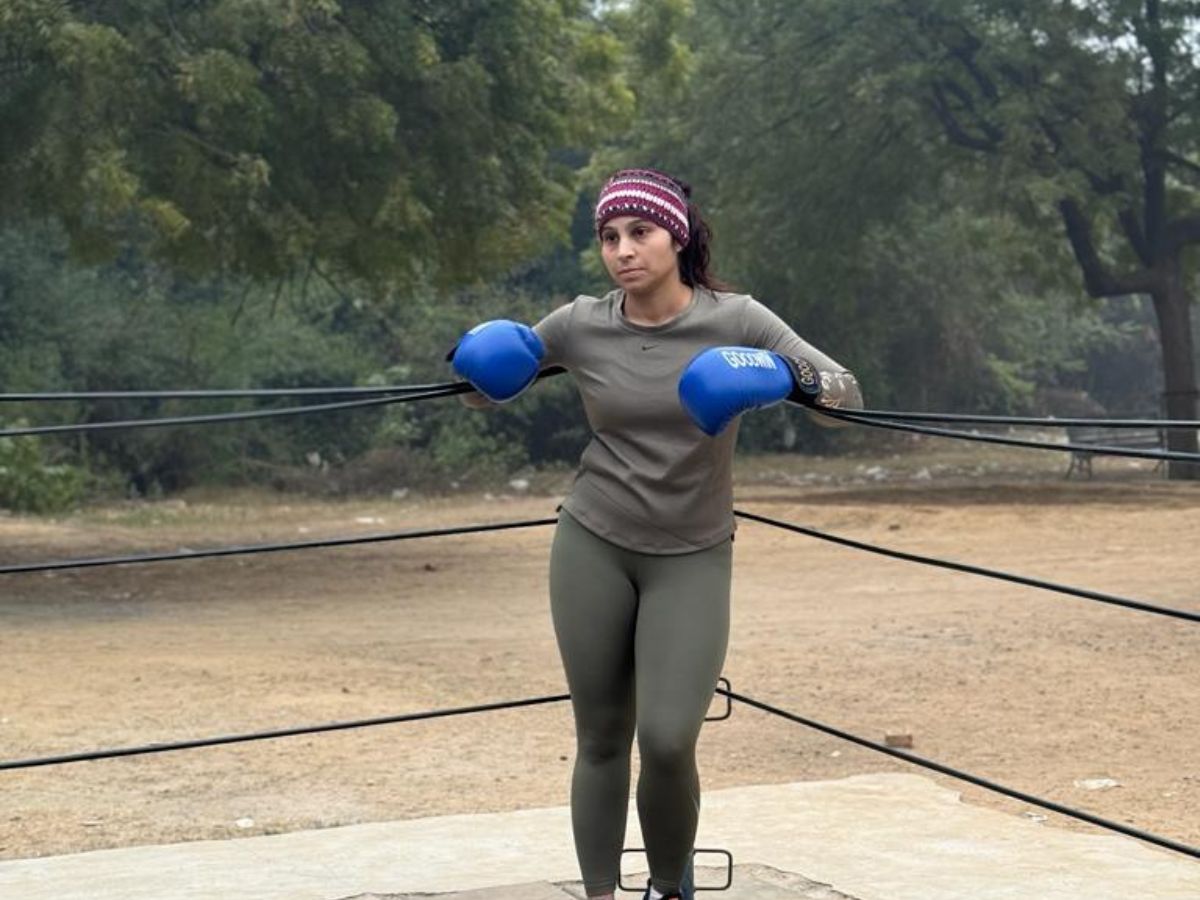In a moment that seems to have been scripted by irony itself, the athletes that have brought Olympic glory to India happened to be women.
PV Sindhu beat Japan’s Nozomi Okuhara to reach the finals at the Olympics in Rio and I watched the game crouched over my laptop while simultaneously trying to meet some deadlines at work. I rocked back and forth in my chair, biting my lips and making nervous chatter with my colleague, who kept silencing me because he was just as engrossed in the game. And then pure grit, determination and talent, Sindhu took her place in history. While my colleague automatically let out a celebratory squeal, I barely registered any emotion. I quietly closed my laptop, walked up to the office bathroom, closed the door behind me and then promptly broke down in sobs.
These weren’t happy tears. I was exhausted and angry. I couldn’t shake off one thought that had taken root.
PV Sindhu and Sakshi Malik did not win at the Olympics because of India. They won despite it.
The sporting world is generous when it comes to serving sexism to its female athletes (and some male athletes too who don’t conform to gender expectations). Women have to work harder and achieve far more than their male counterparts in order to be taken half as seriously. It’s the truth for women in most spheres of life but in the sporting world, this issue can’t be escaped because sports has always been informed by toxic masculinity. Find this hard to believe? During the course of just this Rio Olympics, world-class athletes have been slut shamed, body shamed , bullied and undermined, all because they happen to be women.
Also read: 7 Times Media Coverage of Rio Olympics was Sexist and It’s Only Day 5
And while this is a global issue and definitely not confined to India alone, thanks to our country flourishing under the perverse tyranny of Brahmanical patriarchy, the problem gets hopped up on steroids. Female athletes not only have to work against gender biases but they also have to face mistreatment over and over again. And then you have athletes like Dutee Chand who are humiliated and choked out of the system.
While thoroughly disheartening, none of this should come as a shock to anyone. After all, in a land where rape culture is normalized, even encouraged (read: Salman Khan), to not be a man can sometimes feel like an unending battle. The Prime Minister of India encourages parents to plant trees when they have daughters claiming that it will help them pay for her wedding, because why bother with securing good education when there is dowry to be paid? Our movies celebrate toxic masculinity and sell a woman’s meekness as a virtue. Success is measured in marriages and children (mind you, those kids ought to be male!). We are told to not raise our voices, we are mocked for questioning the status quo and we are punished for trying to claim agency of our own bodies. We are expected to be good enough so as to fulfil our rightful duties of being non-threatening side-kicks to the men; men who are expected to be authors and inheritors of our legacy.
And therefore, it is miraculous and worthy of celebration that in this past week, two glorious chapters in our history were written solely by PV Sindhu and Sakshi Malik on their own merit. Two women who emerged singular, individual and victorious. Their sweat glistening like armor. Warriors. Queens.
But that’s not where their stories begin.
Sakshi Malik’s chapter begins in Haryana. Part of the reason why she took to wrestling is because she simply wanted to go to Games and ride an aeroplane. In Haryana, the male literacy rate is 85.38 percent and the female literacy at 66.77 percent. In Haryana, for every 1,000 man, there are 879 women.
PV Sindhu chapter starts in Andhra Pradesh. Born to parents who are both athletes (her father being an Arjuna awardee), sporting greatness was always waiting for her to be claimed. In Andhra Pradesh, for every 1,000 men, there are 993 women. In Andhra Pradesh, the male literacy at 75.56 percent and female literacy at 59.74 percent.
I watched part of their stories and legacies unfold while weeping in a sterile bathroom in Karnataka. In Karnataka, the female literacy rate is 68.08 percent and the male literacy rate is 82.47 percent. In Karnataka, for every 1,000 men, there are 973 women. And inside that IT company where women are considerably outnumbered by men, I wept for Dipa Karmakar, who put her own life in the line in order to bring home a medal she so desperately wanted. I wept for Dipika Pallikal, a squash player whose relentless fight for equal pay ultimately ended in victory recently, after years of mockery and struggle. I wept for Ritu Rani, who successfully led the first Indian hockey’s team in 36 years to qualify for the Olympics, only to be dropped unceremoniously. I wept for every girl who has been called a burden, a bitch, a slut. I wept for every girl and boy who had been wrested away from their dreams because those dreams didn’t align with what was expected of their gender. And I wept for myself, who as an amateur runner has been slut shamed, body shamed and sexually harassed for daring to step out of my house wearing shorts.
And, in that sterile bathroom as I sat there composing myself, I was suddenly enveloped with hope.
PV Sindhu and Sakshi Malik did not win at the Olympics because of India, they won despite it.
And if that doesn’t make you want to step out and smash the hell out of patriarchy while charting your own success story, I don’t know what will.
So, go out there and make some history.
Featured Image Credit: Hindustan Times




Aishhwarya, I resonate with almost everything you have said about sexism in Indian sports, but this phrase struck a discordant note: ” thanks to our country flourishing under the perverse tyranny of Brahmanical patriarchy.” What the heck is so exclusively Brahminical about patriarchy? When was gender discrimination ever confined to a single caste in India? For that matter do you know anything about the attitudes towards women as commodities that persist in the United States (and the west in general) — to this day? Have you paid attention to the character and personality of the guy running for the highest office in the United States, Donald Trump?
It irritates me when these memes about Hinduism = caste and Brahmins = every conceivable form of villainy — are amplified not just by ignorant westerners but by insiders. You tell me, if you’ve watched even five minutes of the blubbering and hysterical stereotypes of women promoted by South Indian soap operas — that lobotomizing drivel that so many viewers are addicted to — are the writers and producers of that material “Brahmins?” Sure, some Brahmin families ( like those of any other community in India) are stuck in medieval mindsets. But their community is changing and evolving just like every other Hindu Indian community, with their women breaking every rule and stereotype and their members marrying outside their faith, let alone breaking caste barriers which were crossed long ago. To portray India as being in the clutches of some fascist “Brahminical” culture is ridiculous and false. Heinous perversions of gender and inter-caste discrimination are perpetrated by non-brahmins across the country, every day.
Also I am surprised that you would respond with tears to the phenomenal spunk of the Indian women competitors you highlight. I understand and appreciate your empathy for the odds they faced to get this far. But — I have to say that I, a woman probably of your mother’s generation sitting half a world away, felt nothing but sheer elation. ELATION. Precisely because of what these women overcame to get there! Instead of consenting to being victimised by the system and letting the status quo dictate how far they would rise, they seized the reins of their own destiny and beat the odds! What a fantastic and timeless lesson for anyone, anywhere. These young girls empower ME to stand up to the challenges in my life. Beyond that, they symbolize what is true about how Fortress Patriarchy has been breached and torn down brick by brick anywhere in the world even as opposing forces continue to try and build it back up . It has been worn down by women (and the progressive men who stand by them) not by grumbling about the way things ARE, but by risking it all for the way it OUGHT TO BE. Best wishes!
Hi Chitra, I’m not the author of this article, but I’d like to answer your first question re ‘Brahmanic patriarchy’. I’d like to bring your attention to this article on Google search trend in India when Sakshi Malik and PV Sindhu came out victorious. Link: http://indianexpress.com/article/opinion/web-edits/pv-sindhu-caste-google-search-silver-medal-india-rio-olympics-2987174/.
Hi Japleen, thank you very much for referring me to the Indian Express article. It is an excellent litmus of the Indian mindset, which I would analyse as follows:
1. Caste consciousness is depressingly prevalent in India, contrary to what idealists and optimistic nationalists might want to project. I completely agree. But how is this bias “Brahmanic?” Does Google Trends pinpoint the caste of the person curious about PV Sindhu’s community? I put it to you that the reason these attitudes persist is not because of some Brahmin stranglehold over the public consciousness — Brahmins wield no such power to shape thinking or exclude others, definitely not in Tamil Nadu as far as I know. The reason this mindset persists — along with other strains of insular and parochial prejudices that compartmentalise Indians — is because of the complete failure of the education system to develop EQ along with IQ; to inculcate an sense of belonging to a common cause, belonging to an overarching and unifying identity starting from the youngest grades in school, as I have observed in the US. The education system churns out robots; the political forces polarise; the popular culture and media promote and fixate upon politics and flag-bearers of material success over stories of integrity and sacrifice. Actually it is a miracle that there are so many amazing people on the ground doing the right thing because their stories are never told.
2. And that brings me to the next point. From all the reactions that I have observed from my contacts all over the world on Facebook and those with whom I am more personally connected, this issue of the caste of PV Sindhu never even remotely entered the radar screen. All the talk was about corrupt IOC officials and poor training facilities and overemphasis on cricket. And what boggles my mind, particularly when I contrast it with the response of Americans to their sports heroes and victories, is how when at the precise moment that an Indian does something outstanding that UNITES Indians everywhere in sheer pride, someone in India chooses to purposefully seek out and highlight the very worst traits among Indians so that they can be reminded that they are actually a pretty miserable country. Do you ever wonder what the agenda of this kind of journalism is? I mean, it took a deliberate effort by someone to go looking for this in Google’s search statistics in order to write such an article. I think you would have to really despise the nation and have contempt for one’s national identity to dig up this ugliness during what should be a time of national celebration and affirmation of the quality of Indian womanhood. And that is as sad as the fact that this ugliness exists.
3. Racism is very much alive and kicking in the US, you know, if you’ve been following the stories of police brutality involving African Americans — and the tragically bigoted reporting by a neighbor that paralysed an Indian grandfather for life when a policeman wrestled him to the ground and injured his spine. Check out the recent New York Times story on a company called Airbnb, which has been found to systematically deny bookings to potential customers if they have an African American sounding name. Yet Indians do not, when they think of America, or look at a white American automatically assume that he or she is a racist. On the other hand most Americans ask, when I tell them I am Hindu, “So you folks follow the caste system, right?” For most westerners, this is the sum total of what they know about Hindus. Thanks to the narrative privileged by western media and cultivated by Indians eager to appear “progressive” to a certain audience, most Hindus are increasingly clueless about the finer points of their faith tradition, which they ought to be familiar with even if they are not actively religious. For decades, they’ve been fed a steady diet of fake holy men, religious charlatans, and social discrimination as being the defining traits of Hinduism. I can only hope that more people wake up and stop being pawns and tools. It is definitely possible to stand for something, without running down everything!